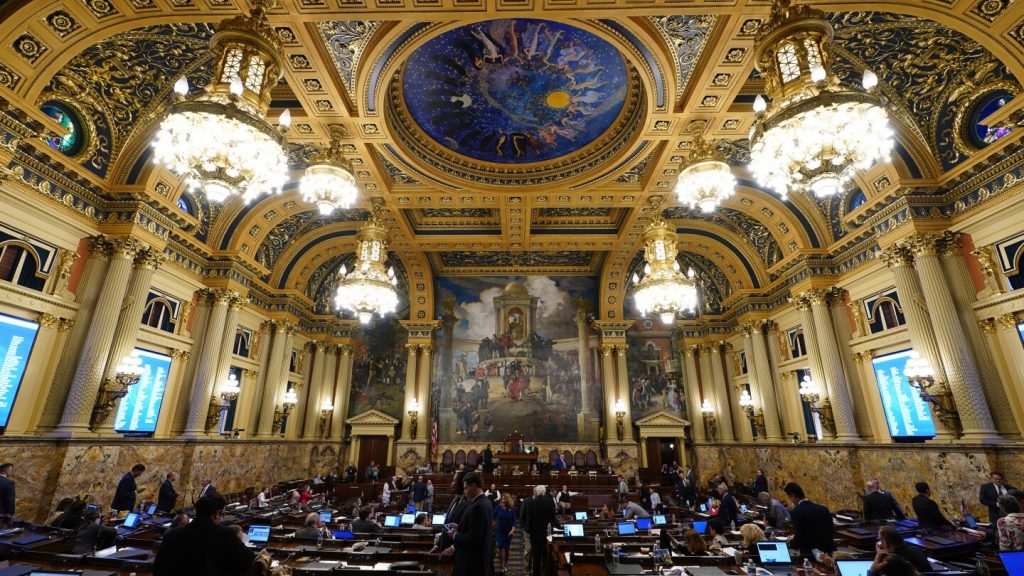The upcoming primary election in Pennsylvania will have significant implications for both the state’s legislative and congressional races. The state’s voters will have the opportunity to select candidates for hundreds of legislative seats, as well as for president and U.S. Senate. Both parties will also choose candidates for statewide positions such as attorney general, treasurer, and auditor general. The outcome of these races could potentially break the years-long policy paralysis in Harrisburg and Congress, with the potential for shifts in majority control in both the state House and Senate.
In the state House, where Democrats currently hold a slim majority, Republicans are hoping to flip control back in order to limit Democratic Gov. Josh Shapiro’s legislative leverage in policy and budget discussions. In the state Senate, where Republicans currently have a majority, Democrats are aiming to flip at least three seats to gain control, with several contested primaries in key districts. Several incumbent senators, including some in battleground districts, are facing challenges in both parties as they seek reelection.
Several members of the state House are leaving their seats to run for state Senate, creating vacancies that will need to be filled in the upcoming election. The outcome of these races, including the closely watched contest for Sen. John DiSanto’s seat, could have a significant impact on the balance of power in the state Senate. With nearly half of the House seats uncontested in the primary and General Election, many lawmakers are likely to secure another term without facing significant opposition.
In the congressional delegation, all 17 incumbent members of the U.S. House of Representatives are running for reelection, with at least one opponent in each race. The results of these races could potentially shift the balance of power in Pennsylvania’s congressional delegation, where Democrats currently have a narrow majority. Several key races in districts currently held by centrist Republicans or deeply conservative members are expected to be closely watched for their potential impact on the overall makeup of the delegation.
In the statewide row offices, including the attorney general, treasurer, and auditor general, several candidates are vying for the nominations in both parties. The race for attorney general, in particular, has drawn significant attention, with five Democrats and two Republicans competing for the position. The outcome of these races could have implications for both the balance of power in Harrisburg and the direction of key policy issues in the state.
Overall, the upcoming primary election in Pennsylvania has the potential to reshape the state’s legislative and congressional landscape. With several key races in play, including contested primaries in both parties and closely watched races in battleground districts, the results of the election could have a significant impact on the state’s governance and policymaking in the coming years. Voters will have the opportunity to weigh in on key issues and candidates that will shape the future of Pennsylvania’s political landscape.


